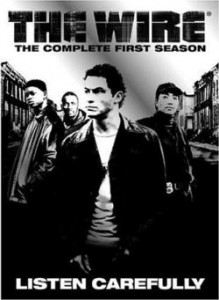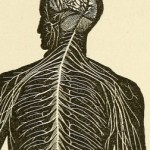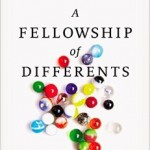 In my initial post on this blog, I noted that our vision of Slow Church was rooted in the slowness of God’s work in the world. One facet of that slowness, as I described in that post is God’s choice to redeem the world by gathering a people. Another facet is God’s patience with the depths and complexities of human rebellion. From Cain’s founding of the first city (Gen. 4: 9-17) onward, the city has been an image of brokenness, human rebellion against God. Jacques Ellul, in The Meaning of the City (a superb work for beginning to reflect on urban theology), observes:
In my initial post on this blog, I noted that our vision of Slow Church was rooted in the slowness of God’s work in the world. One facet of that slowness, as I described in that post is God’s choice to redeem the world by gathering a people. Another facet is God’s patience with the depths and complexities of human rebellion. From Cain’s founding of the first city (Gen. 4: 9-17) onward, the city has been an image of brokenness, human rebellion against God. Jacques Ellul, in The Meaning of the City (a superb work for beginning to reflect on urban theology), observes:
[The builders of Babel] wanted to make a name for themselves. … [They] wanted to be definitively separated from God. They knew well that in spite of their revolt they were still tributary to God, that God was still their Lord, that God was still the one naming them, “calling them by their name”… Like it or not, they still belonged to God. And that is what people wanted to eliminate. … It was in [the city], man’s environment, built by man for man, with any other intervention or power excluded, that man could make a name for himself. It was there that his pretension of becoming a subject, never again to be an object, could be realized. The cities of our time are most certainly that place where man can with impunity declare himself master of nature. It is only in an urban civilization that man has the metaphysical possibility of saying, “I killed God.”
There are few depictions of the depths and complexities of human rebellion — as epitomized in the city — that are as stark and compelling as the HBO television series The Wire. Unlike most police shows on television, The Wire is not primarily a narrative of good versus evil. Rather, it portrays deep brokenness (and glimmers of the possibility of redemption) on all sides of its story. Each season focuses on a particular power in the urban system in all its brokenness (Season 1: Police and the drug trade, Season 2: The Port and Unions, Season 3: City Government, Season 4: The Schools, Season 5: The Newspaper). If one can tolerate the coarseness that fits its urban Baltimore context (violence, sexuality, language), the show is one of the most stunning and insightful in recently decades.
[ Brief Intro to The Wire from HBO ]
One of the shows most memorable moments that epitomizes the depths of brokenness in all humanity occurs when Omar, a vigilante who robs drug dealers, observes that he is no different than the lawyer who defends drug dealers. They have different tools, he says, but they both capitalize on the drug dealing “game.” (Click to watch this scene…)
The Wire is a poignant reminder of why we need Slow Church; although the contexts we live in might be vastly different, there is an odd ring of truth to the lies and compromises that the characters make in order to stay alive from one day to the next. Humankind is deeply broken, much moreso than we prefer to admit, and yet, God abides patiently with us, slowly redeeming the city of our rebelliousness from within, and indeed our eschatological hope is a city, the New Jerusalem (See Rev. 21-22).











